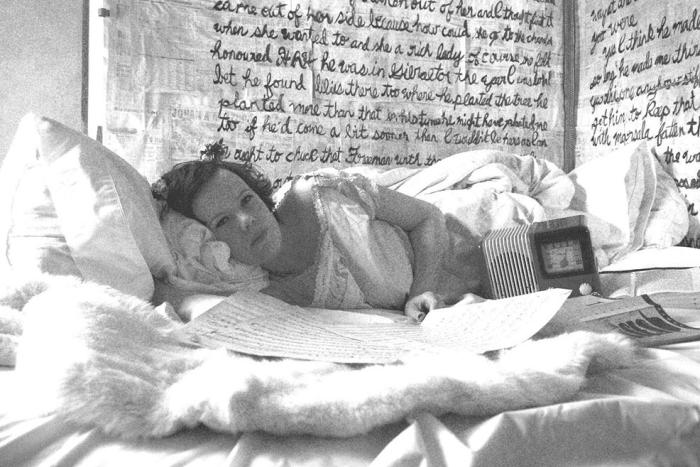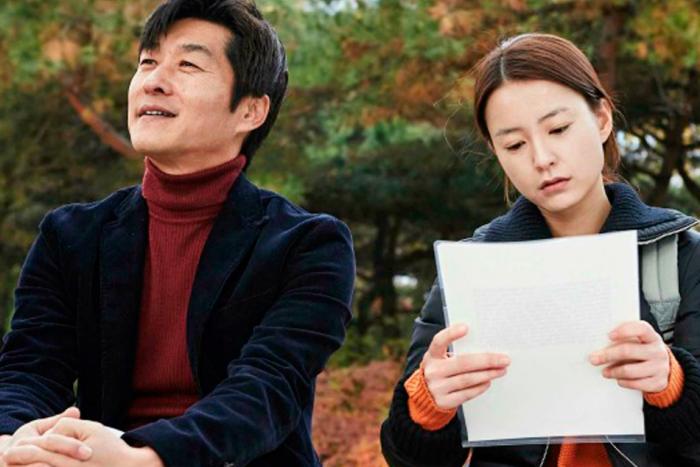Tough-guy writers ain’t so tough: writing about hard men doesn’t make us bruisers. I had a man-to-man about this last week with Craig Davidson, whose new novel, Cataract City, had just been released. In a way, it’s classic tough guy stuff: the story of two childhood friends who end up on opposite sides of the law in an especially gritty Niagara Falls. But it’s also by measures bildungsroman, love story, wilderness adventure, and, occasionally, magical realist fantasy.
“I’ve been called a literary tough guy,” Davidson told me. “But I always feel like a pretender. How many tough-guy writers have you met? I mean honest-to-goodness tough guys? I’ve met Chuck Palahniuk for example [author of Fight Club]. He’s not tough. He’s a sensitive guy. A well-thought-out guy. I think basically most of us who get into writing have lived a certain type of life that’s not necessarily in line with the characters we write about.”
It’s easy to conflate a writer with the characters he creates, and Davidson’s short story collection, Rust and Bone, is populated with men who hold dog fights, no-good alkies, and bare-knuckle fighters. (Two of the stories in Rust and Bone were adapted into the Franco-Belgian film of the same name.) His first novel, The Fighter, is about a spoiled rich kid turned underground brawler. Plus, Davidson can get a little gonzo with his research. While working on The Fighter he did a 16-week steroid cycle, took up permanent residency at a gym, and started tossing 100-pound dumbbells around like Twinkies. For the book’s launch, he danced three rounds of the Marquess of Queensberry waltz—twice, actually, once at the Canadian launch, and again in the US.
In person, Davidson is warm and talkative—a gent really, the kind of guy who looks more comfortable mashing the keys on a laptop than the cartilage in a guy’s nose. The two bouts were clever PR gigs, nifty ways of rustling up a crowd for a book launch. Besides, the writer-as-pugilist is a literary trope dating back to the great-grandpappies of writerly tough guys: London, Runyon, and Hemingway.
The whole literary tough guy schtick is just that, a sham, and a dangerous one at that: scrambling the moneymaker inside your skull is hardly career planning. But more than anything, the literary tough guy risks convincing himself that he belongs to the world of the super-masculine. I’m currently working on a nonfiction book about violent men: MMA fighters, gangsters, killers, and ex-cons. If I’m honest with myself, I pitched the idea partly because I wanted to see if I could run with the wolves. I’m embarrassed to admit that this has been important for my own sense of masculinity.
If you’re prone to this kind of emotional self-amputation and you’re also a writer, you end up constraining yourself to one corner of the human condition. Which helps explain why Hemingway became a caricature of himself toward the end of his life. Manhood (and I suspect womanhood, too) is a kind of fiction we create for ourselves—buy in too much and you risk consigning yourself to a form of genre, with all the limitations that entails.
Davidson felt much the same way about the boxing, the steroids, and the obsessive weight-training. Like his protagonist in The Fighter, he worried he was too soft, that he needed to test his mettle in physical combat. Gauging the limits of your physical bravery, sounding the dark places in your psyche, is fair game for personal development, and writing about it can be healthy and informative—provided you own up to all the fear and insecurity, as well as the overwhelming anxiety it can cause. “Someone compared boxing with a car accident you know you’re going to get into,” Davidson told me. “That seems about right.” His book launch bouts were the first and last times he stepped into the ring; as soon as the final bell rang, he walked over to his opponent, American writer Jonathan Ames, shook his hand, and said: “Thank God that’s over.”
Literary tough guys aren’t always so honest with themselves. “Look at Hemingway,” Davidson said. “He was working very hard to put forward a certain image of himself, something I don’t think was really there.” In addition to all the booze he consumed, Hemingway also drank his own Kool-Aid: there’s plenty evidence that he was a sensitive and complex guy, but I think all the fighting and bull-running and hunting obscured who he really was. Perhaps they were ways of building himself up into the kind of man he thought he ought to be. I’ve found that most of the tough guys I’ve been writing about have done the same thing, putting themselves in dangerous situations in order to prove something.
If you wander too far into that territory, it’s hard to find your way back again. Being a tough guy forces you to shunt off a lot of important emotions—tenderness, empathy, forgiveness, sorrow—that are part of being a fully-developed human being. If you’re prone to this kind of emotional self-amputation and you’re also a writer, you end up constraining yourself to one corner of the human condition. Which helps explain why Hemingway became a caricature of himself toward the end of his life. Manhood (and I suspect womanhood, too) is a kind of fiction we create for ourselves—buy in too much and you risk consigning yourself to a form of genre, with all the limitations that entails.
I suppose you can eliminate the risk of writing cliches—or becoming a living cliche—by avoiding tough-guy subjects. Alternatively, you can approach issues of manhood obliquely, through irony.
There’s a popular notion that being a modern man consists of plucking a threadbare archetype out of the cultural wardrobe—a Don Draper haircut, an anchor tattoo, a strongman mustache—and sporting it with a wink, to make sure everyone knows that you know it’s a joke. But the joke can become an avoidance strategy. Same’s true for writing. “I find these days a lot of my contemporaries are more the McSweeney’s, twee, meta types,” Davidson says. “Nothing’s taken too seriously and they don’t really nail any emotion. Sure, compared to them, [I’m] a tough-guy writer. But that’s a pretty low bar to pass.”
The reality is that self-conscious men—and what are writers if not self-conscious?—are uncertain about manhood. Things like physical strength, aggression, and the sorting out of the male social hierarchy mano-a-mano still preoccupy a great many of us, even the twee, meta types. And that’s cool, as long as you wade in honestly, as Davidson does, fists up and chin down.




